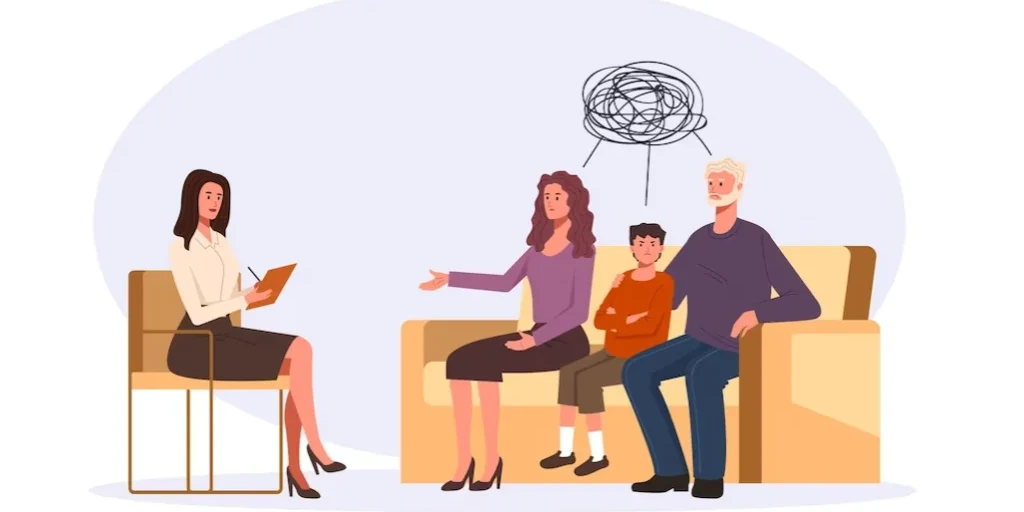represents a critical resource for individuals grappling with the debilitating effects of post-traumatic stress disorder (PTSD). These specialized rehab centers focus on addressing not only the mental health manifestations of PTSD but also the potential co-occurring substance use disorders that can arise due to the challenges faced by those affected. The types of addiction treated in these facilities can include substance abuse, alcohol dependence, and behavioral addictions, which often complicate the healing process. The approach to treatment varies, incorporating evidence-based methods like cognitive behavioral therapy (CBT), exposure therapy, and medication management, designed to address the unique needs of PTSD sufferers. Rehab centers play an important role in recovery as they create a controlled, supportive environment where individuals can work on coping strategies, engage in therapeutic activities, and receive comprehensive care tailored to their issues. Over the years, PTSD treatment rehab centers in Presto have evolved significantly. Initially, treatment primarily focused on inpatient care and psychoeducation. However, with advancements in mental health research, the approach now includes a variety of specific therapies that are aimed at trauma processing and recovery, ensuring that clients are equipped with the tools necessary for leading fulfilling lives. The establishment of these centers has had a profound impact across the US, contributing to increased awareness and acceptance of mental health care, reducing stigma, and serving as a beacon of hope for those seeking recovery.
Learn more about PTSD Treatment centers in Presto


























































